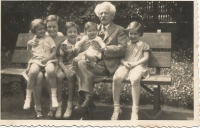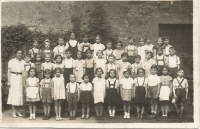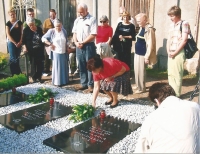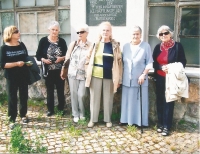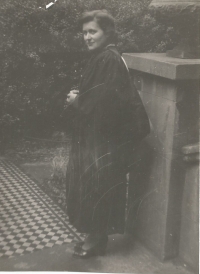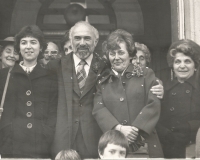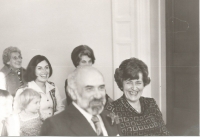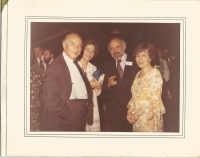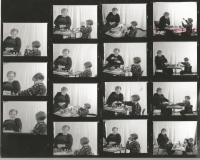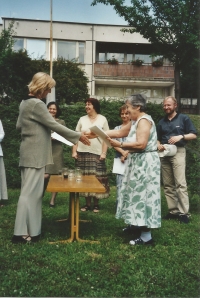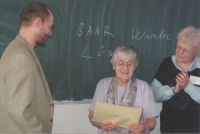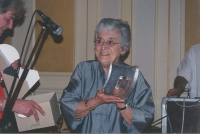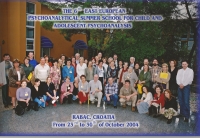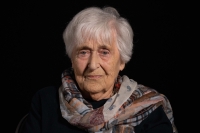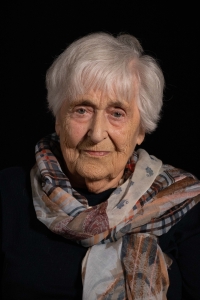Psychoanalysis helped her process the trauma of the Holocaust
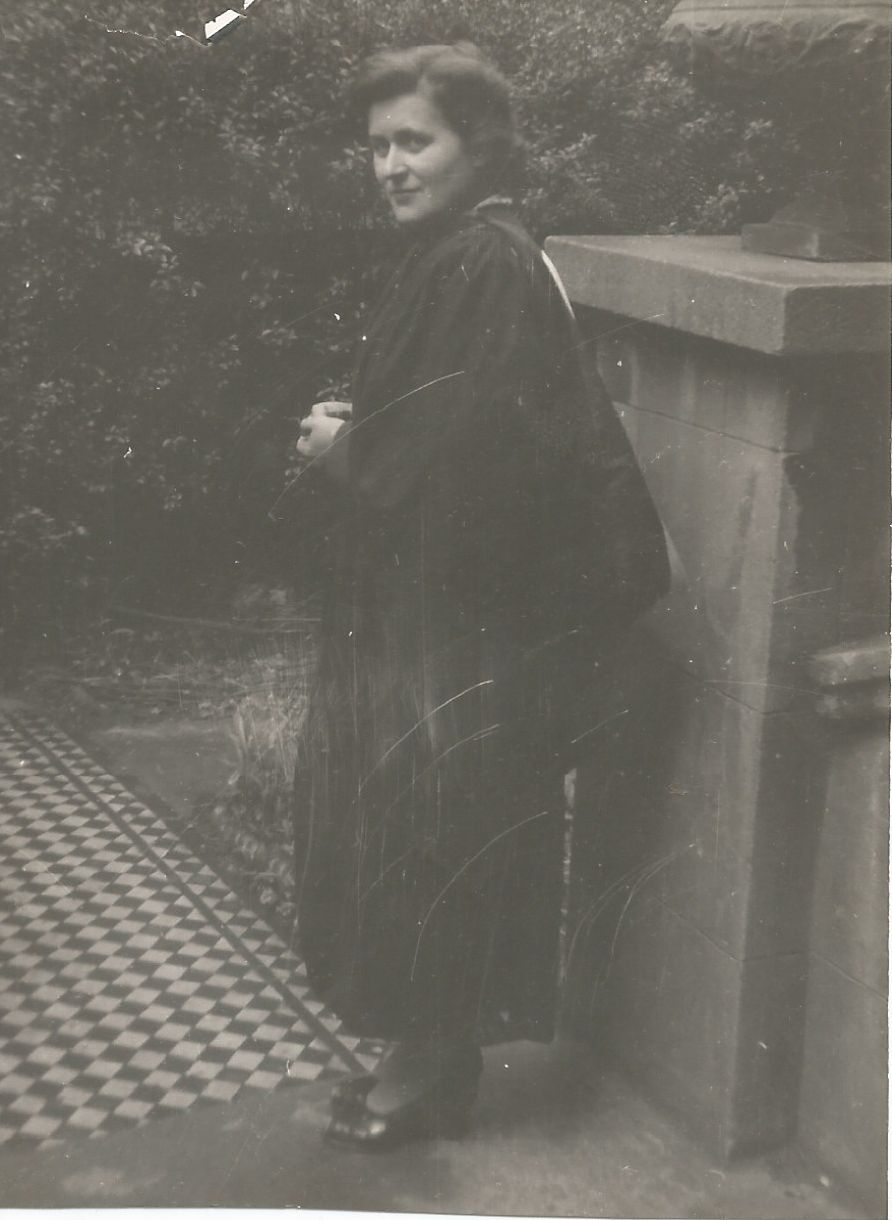
Stáhnout obrázek
Lydia Tischler was born on 1 January 1929 in Moravská Ostrava. Both her parents, her father Sigmund Folkart and her mother Alžběta, née Morvajová, were Jewish. After 15 March 1939, when German soldiers marched into Ostrava, her father fled to England via Poland. His mother, Lydia and older daughter Ruth tried to follow him, but the beginning of the war caught them in Krakow, Poland. They were unable to travel west. They stayed in Krakow until April 1940 and then fled back to Ostrava. The mother then had to entrust her daughters to the care of Jewish orphanages in Prague. In September 1942, they received a summons for transport to Terezín and went there together with other relatives from Ostrava. Lydia‘s paternal grandparents died in Terezín, and other relatives perished in Sobibor and Majdanek. Lydia, her mother and sister were deported to Auschwitz on 23 October 1944, and her mother, Alžběta, was murdered by the Nazis in the gas chamber immediately after her arrival. After three days in Auschwitz, Lydia and Ruth were sent to the Oederan labour camp near Chemnitz. At the end of the war, they were transported back to Terezín, where they were both liberated. After the war, the witness attended a convalescent stay organized by Přemysl Pitter, where she took care of the younger children. It was here that she realized that she wanted to take care of children in the future. Lydia travelled to the UK to her father. She completed her university degree, underwent training in psychoanalysis with Anna Freud and became a child psychotherapist in the psychoanalytic direction. In 1993 she co-founded the training in psychoanalytic psychotherapy for children and adolescents in the Czech Republic.
